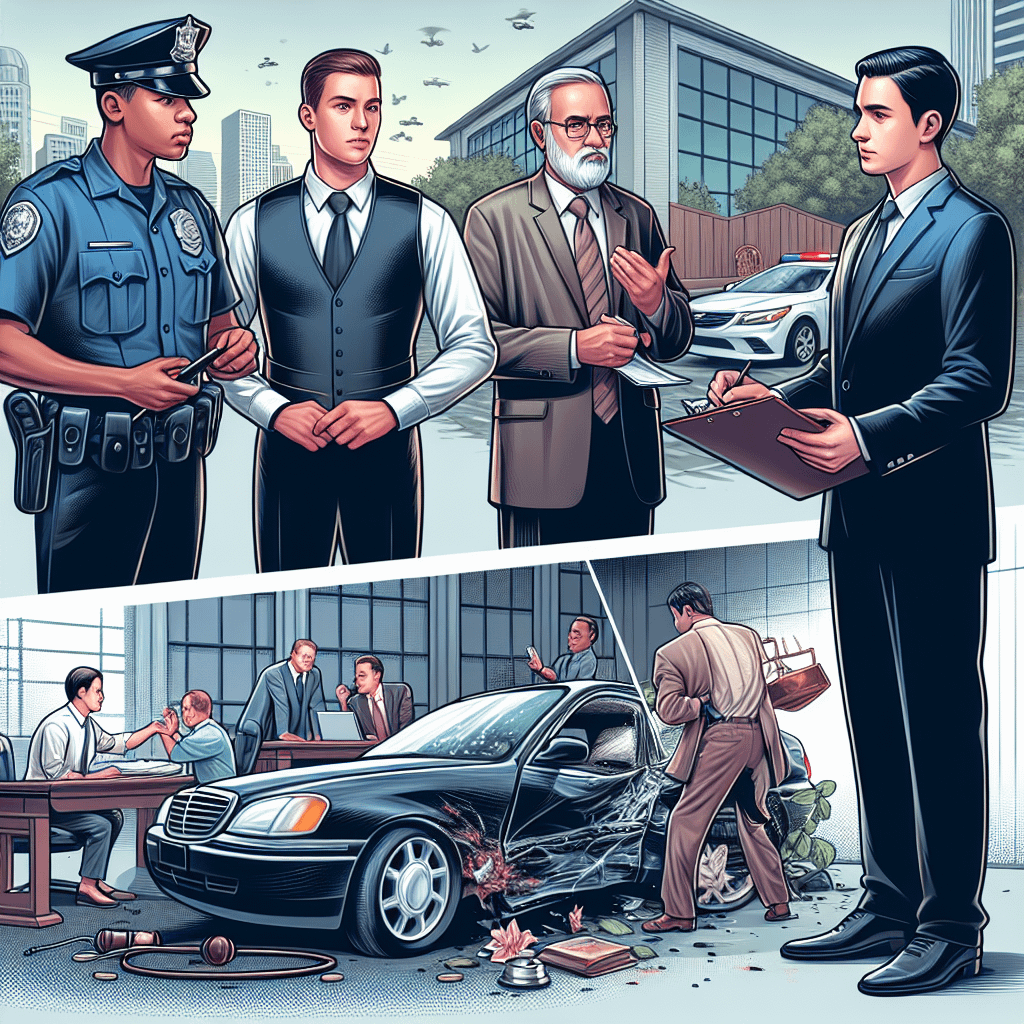What Should I Do After a Car Accident?
Car accidents, while often unforeseen, are an unfortunate part of our road experiences. Knowing what to do immediately following an accident can make a significant difference in ensuring the safety of everyone involved and protecting your legal rights. Let’s walk through the steps you should take if you find yourself in this situation.
Stay Calm and Check for Injuries
First and foremost, it’s essential to remain calm. Take a deep breath, and make sure that you and your passengers are safe and unharmed. Check yourself and others involved in the accident for any injuries. If anyone is hurt, call 911 immediately to get medical assistance.
Move to Safety
If the accident is minor, and it’s safe to do so, move your vehicle out of traffic. This helps prevent further collisions and keeps the road clear for emergency responders. Switch on your hazard lights to alert other drivers of the accident.
Call the Police
Even if the accident seems minor, it’s a good idea to call the police. They will file an accident report, which can be crucial for insurance claims and establishing fault. When the officers arrive, make sure to provide them with accurate information, but avoid admitting blame or making statements like “it was my fault,” as these can be used against you later.
Exchange Information
Gathering and exchanging information with the other driver is critical. You’ll need to note:
- Names and contact information: Get the names, phone numbers, and addresses of everyone involved, including witnesses.
- Insurance details: Collect the insurance company name and policy number from the other driver.
- Vehicle information: Jot down the make, model, color, and license plate number of the vehicles involved.
- Location and time: Write down where and when the accident occurred.
Document the Scene
Take as many photos as possible of the accident scene, vehicle damage, and any injuries, if it’s safe to do so. These pictures serve as valuable evidence should there be a dispute over the accident’s details later on. Also, note weather conditions, road conditions, and any other relevant factors.
Seek Medical Attention
Even if you don’t feel hurt, it’s wise to see a doctor after an accident. Some injuries, like whiplash, may not become apparent until hours or days later. A medical report will also be useful in any personal injury claims you decide to pursue.
Notify Your Insurance Company
Report the accident to your insurance company as soon as possible. Provide them with all the relevant information and cooperate with their investigation. Be honest about what happened but avoid giving any recorded statements or speculating about what might have occurred.
Understand Legal Obligations
In some states, you are legally required to report accidents to the Department of Motor Vehicles (DMV) if the damage exceeds a certain amount or if there were injuries. Check the requirements in your state to ensure compliance.
Consider Legal Advice
If the accident results in significant damage, injuries, or a dispute over who was at fault, it might be beneficial to consult with an attorney. A lawyer can provide guidance on navigating insurance claims, dealing with any potential lawsuits, and understanding what compensation you might be entitled to.
Final Thoughts
Accidents are stressful, but being prepared can mitigate their impact. Following these steps will help you handle the immediate aftermath effectively, ensuring your rights are protected and paving the way for a smoother resolution process. Remember, safety first, and don’t hesitate to seek the guidance of a professional if needed.
I hope this helps! If you find yourself needing more detailed information, don’t hesitate to reach out for further guidance. Take care and drive safely!








